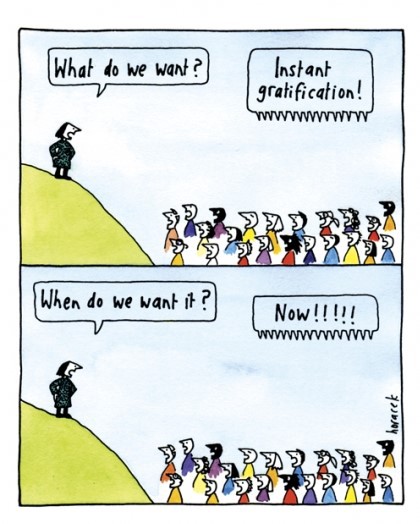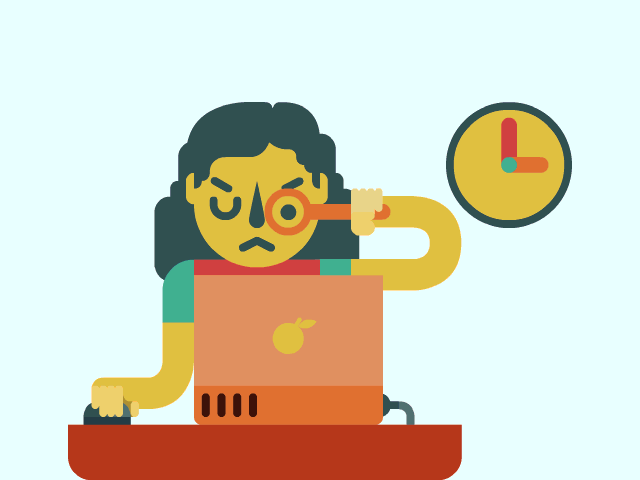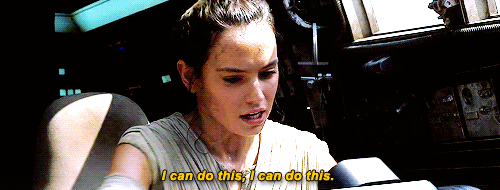I think you’ve already experienced this at some point in your life. Or maybe you’re experiencing it now—you already know you should be doing something by now, but you just couldn’t bring yourself to start it.
For example, you may have put off a task you had planned weeks ago because you don’t feel like doing it. Or maybe you have a project to submit but kept postponing it until right before the deadline. And instead of doing the project, you watched videos on the internet, scrolled on your social media, or played games instead.
Procrastination. It’s the act of delaying or putting off tasks and decisions until the last minute or past their deadline. It’s a challenge we’ve all faced in our lives. And if you’ve done this, you might’ve already asked yourself why you do this or why you keep procrastinating.
So why do we procrastinate?
Contrary to popular belief, it’s not just laziness. Instead, it runs far deeper.
Reasons Why We Procrastinate
Here are some of the reasons why we procrastinate:
Negative Emotions
One of the reasons why we procrastinate is when we cannot manage the negative feelings, such as anxiety, self-doubt, frustration, or boredom, around a specific task.

For example, you have a test coming up in a couple of days, but you already feel dread, anxiety, and stress just thinking about it, so you play a game instead of doing anything else to ease the negative feeling. Putting it off does make you feel better temporarily, but unfortunately, it doesn’t get the work done or solve anything.
Researchers also state that procrastination is not a time management problem but an emotion regulation problem. So unless we learn how to manage how we feel about a particular task better, we’re more likely to procrastinate as we will avoid feeling any uncomfortable or negative emotions towards it.
Fear of Failure

Another reason why people procrastinate is that they are afraid of failing at the tasks that must be completed or failing to reach their goals. Sometimes, it’s also the fear of receiving negative feedback or being evaluated, which creates emotional discomfort. This leads to people creating reasons on why it’s not the best time to start a task.
Giving in to Instant Gratification or Distractions
Instant gratification is the strong desire to do something immediately that satisfies you. For example, you’re starting to do your assignment but suddenly crave some ice cream. But instead of finishing your assignment, you got up immediately and rushed to the nearest store to buy ice cream.

It could also be hard to resist when surrounded by stimulating or enjoyable distractions, such as playing games, checking social media, watching videos, or even talking to friends, even when we already know we have to do something. And since we find these activities easier and much more fun, we end up delaying tasks. We give in more to do them because they make us feel good than the challenging tasks we’re supposed to do.
Perfectionism
Perfectionism could also be a factor in why some people procrastinate. If a person is too worried about their work ending up less than perfect, they’re more likely to put things off or not do it altogether.

As perfectionists usually set unrealistic goals and hold themselves to extremely high standards, they fear making mistakes as they immediately equate it with failure. As a result, they commonly live their lives avoiding errors, including taking on or learning new things, because they fear the outcome will end up being imperfect.
So how can we overcome procrastination?
Six Ways To Overcome Procrastination
Here are six ways I gathered to help you overcome and avoid procrastination.
Do Small Tasks and Commit
Often, people get overwhelmed by many tasks they need to finish and submit at a specific deadline. So it’s a good practice to spread your tasks, most preferably setting one task per day so you won’t feel too overwhelmed.
If you have a large project to complete, you can break it into small tasks and tackle them one at a time (starting from the most urgent one).

You can also try making a list and including a specific time for doing them. It’s also important to commit to it and have enough self-control to finish them, as this will help you tackle your tasks proactively.
Reframe Your Thoughts
It’s understandable to feel negative feelings like frustration, anxiety, fears, or stress, as they are natural and part of being human. But it is easier to overcome procrastination when we start by reframing or changing how we view or feel about a specific task.
Instead of thinking, “This task is already too hard. I won’t be able to do this.” You can reframe it: “Even if it’s quite challenging, I can still do it. I can finish it.”

Doing so will help you better regulate your emotions, which could help encourage you to tackle them instead of avoiding a challenging task. You can also keep things in perspective: “I can get through it even if I don’t find it that much enjoyable.”
Manage Distractions
Your environment can affect your productivity, especially when it’s filled with distractions. So it’s important to work in a quiet workspace with fewer distractions.

If you have a lot of stuff that distracts you, you can keep them out of your sight, or move them to another place. Another thing you can do is switch off your phone or any technology with notifications that could lead you far off track.
Create a Reward
Before starting your task, you can set yourself up for a reward after finishing it. For example, after completing a difficult task, you can reward yourself with a slice of your favorite cake, play your favorite game, or anything that makes you feel happy!

You can also try setting a punishment for yourself if you ever give in to distractions or delayed your tasks. This will help encourage you to commit to your plans and overcome procrastination.
Good Accountability Buddy
Choose a person (a friend, family member, or anyone you trust) to be your accountability buddy. An accountability buddy is someone who can help keep you on track with your procrastination and help you maintain a commitment when reaching a goal.

It’s also better to choose someone with a similar goal of overcoming procrastination, so each of you can help recognize and hold each one accountable for the times when you start getting unfocused.
Embrace Mistakes
Making mistakes is natural and common when learning and doing things, especially when it’s out of your comfort zone. They are inevitable. Instead of viewing mistakes as failures, see them as a way of learning.

Mistakes help us know which skills we need to improve on. It also helps us strive to become better at something. It is important to remember that failure and mistakes don’t determine your value or worth.
People procrastinate for many reasons, and the reason a person might procrastinate may differ from one another.
If you’re struggling with putting things off, you can try any of these tips to help you get on track and overcome it.







